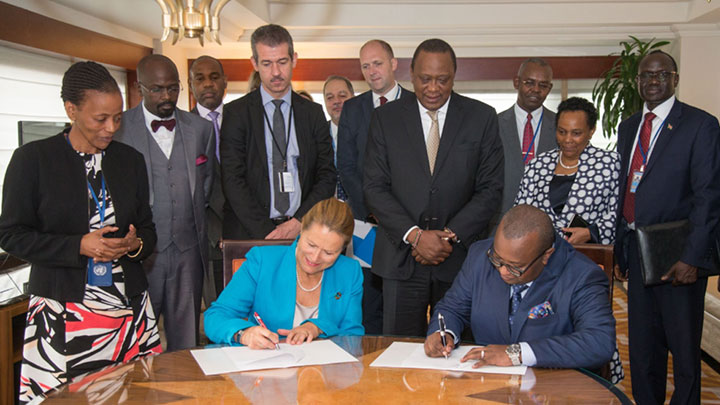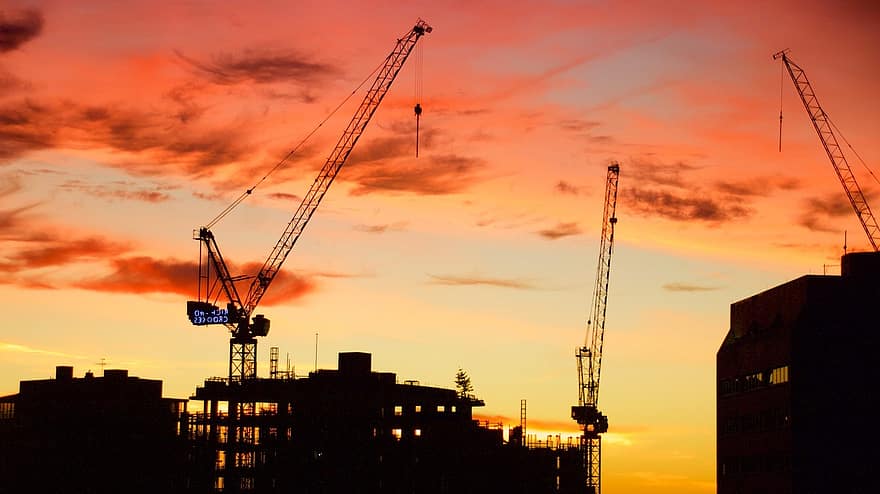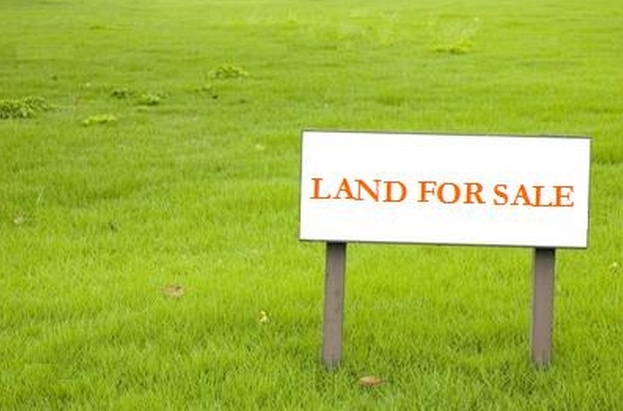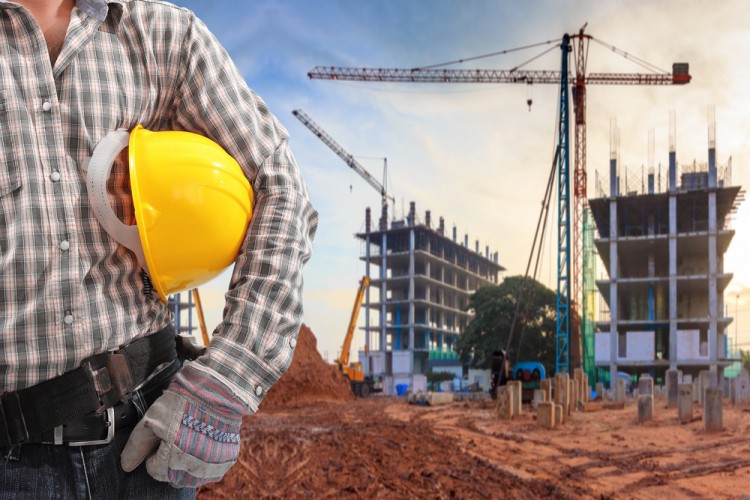
The construction sector registered a slower growth rate of 6.3 per cent last year in comparison to 8.5 per cent the previous year. Paradoxically, Kenya’s economy reported an upward growth of a similar margin.
The drop went against a slight increase in funding to the sector from commercial banks with loan books recording a 1.8 per cent increase from Sh112 billion in 2017 to Sh114 billion in 2018.
The slow rate of growth was especially witnessed in the value of building plans approved last year that recorded a 12.7 per cent decrease.
SEE ALSO :Making a statement with wallpaper
According to the Economic Survey 2019 report released last week, the value of approvals fell from Sh240 billion in 2017 to Sh210 billion in 2018.
Interestingly, use of materials, number of workers and wages paid to those in the building sector recorded an upward trajectory.
“Wage employment in the sector grew by 2.2 per cent from 167,000 persons in 2017 to 171,000 persons in 2018. Cement consumption increased marginally by 1.6 per cent to five million tonnes in 2018 … while labour cost increased by 5.3 per cent,” said the report.
The downward trend in the sector continued despite the formulation of key policies by the government.
Among the policies have to do with the provision of affordable housing by the government and were meant to rouse the private sector into jumping onto the mass housing bandwagon.
However, that programme, a key pillar in President Uhuru Kenyatta’s Big Four agenda, has run into headwinds following a public backlash over the implementation of a compulsory housing levy.
It is not lost on observers that while the housing sector has received less funding from the government, expenditure on roads is expected to rise by 23 per cent to Sh195 billion during the current financial year






